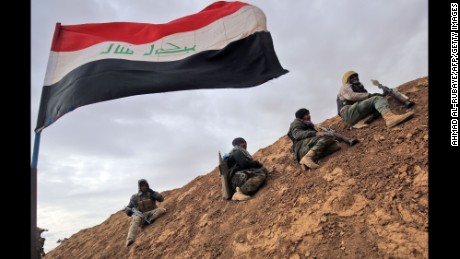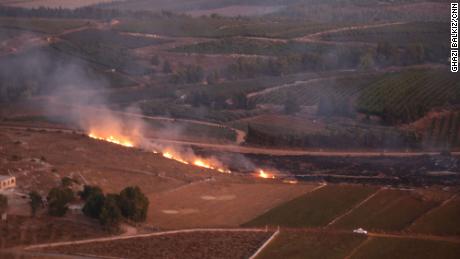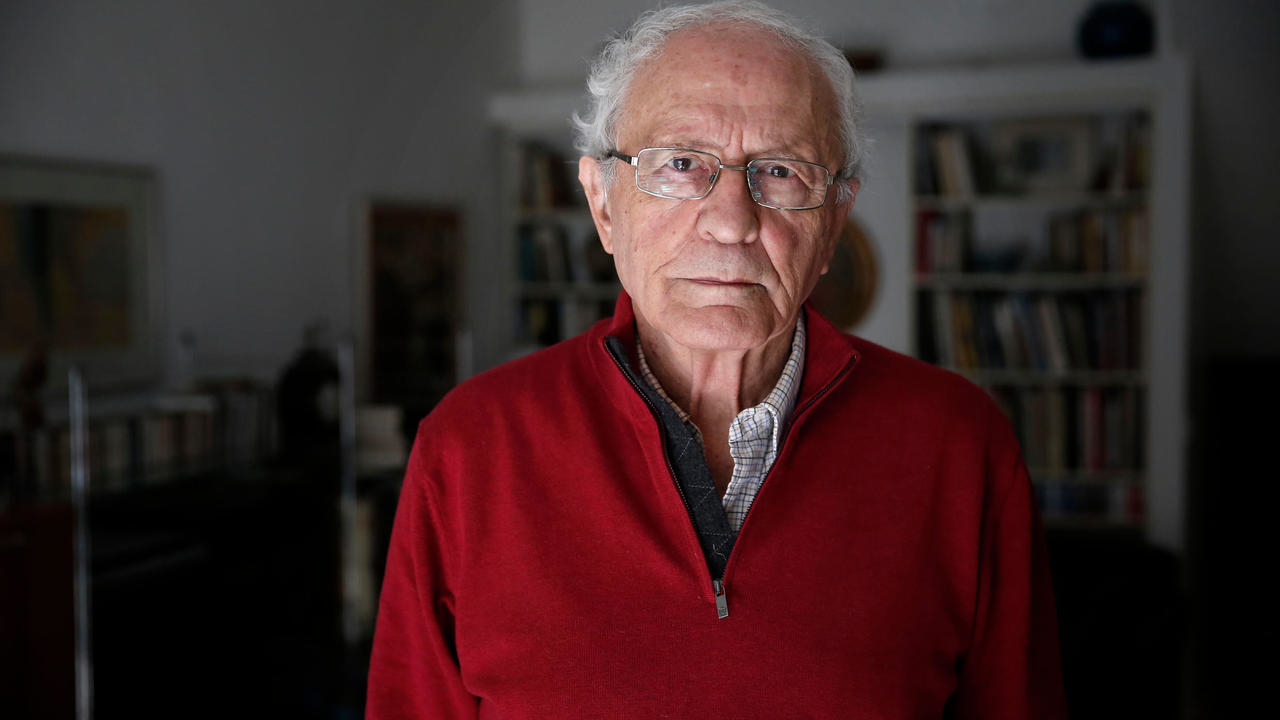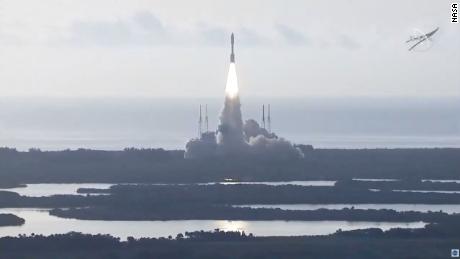For a week, Israel and Lebanon seemed on the brink of war. But neither has the appetite for it

A man is on a video call with his relatives, pointing to the aftermath of cross-border attacks between Israel and Hezbollah, outside Maroun al-Ras. "When you hear that war is coming, you come to Maroun el-Ras! You don't flee to the north," he bellows into his phone, beaming as he pans to the burning fields behind him. When Hezbollah, the Iranian-backed Lebanese militant group, fired anti-tank rounds at an Israeli military vehicle Sunday, many in Lebanon's border villages packed their belongings into cars and headed north. Cars queued at gas pumps, as call-to-arms songs from Lebanon's 15-year civil war blared over the radio. A mixture of fear and defiance filled the air. "When the strikes first happened, we thought it was going to be like (the war between Lebanon and Israel in) 2006," says 24-year-old eyewitness Farout, who declines to disclose his full name for security reasons. Farout was sitting at a park some 400 meters from the demarcation line separating Israel and Lebanon. A children's playground doubles as a mock training camp, with a miniature model of Jerusalem's Dome of the Rock poking out between trees. The place is called Iran Park, a gift from Hezbollah's benefactors. The borderlands of the two regional arch-rivals stretch out below it, a wire fence cutting through the valley. On most days, the view is picturesque, belying the fact that it is one of the Middle East's most politically charged fault-lines.Sunday, with the valley filled with smoke and fire, it appeared to be the stage for the first act of a new war.But it was not to be. Sunday's brief exchange ended as quickly as it began. Neither Israel nor Hezbollah appears to have the appetite for a war.
A short-lived battle
When Hezbollah fired across the border on Sunday, Iran Park's administrators instructed people to evacuate. But the panic soon subsided."When we saw that Israel was only hitting the areas near the borderline, we knew that the situation wasn't going to escalate," said Farout, a Maroun Al-Ras native and football aficionado.It was a confrontation that people on both sides of the border had seen coming. Exactly one week before, Hezbollah Secretary General Hassan Nasrallah vowed to retaliate after an Israeli strike in Syria killed two Hezbollah fighters and after two drones — widely believed to be Israeli — crashed in southern Beirut, a Hezbollah stronghold. The Israeli army has refused to comment on reports of the two drones. Many feared that Hezbollah's promised reprisals would provoke a wide-scale Israeli response. In July 2006, the group kidnapped two Israeli soldiers in disputed territory between the two countries. The move sparked a full-scale Israeli offensive that killed 1,191 Lebanese civilians, and more than 200 fighters. Among the Israelis, 119 soldiers and 44 civilians were killed. The fighting lasted 33 days.But in its first standoff with Hezbollah since 2015, Israel fired several rounds at open fields along the demarcation line. The confrontation ended in less than two hours. Israel said that videos of wounded soldiers being evacuated from the site of the attack were, in fact, staged to dupe Hezbollah. "It's definitely a positive thing that Sunday's incident was contained and it seems fairly clear that both sides will try to claim a victory of sorts," says Karim Makdisi, Founding Director of the Program in Public Policy & International Affairs and Associate Professor of International Politics at the American University of Beirut.Neither side, says Makdisi, is keen on war.
Many feared that Hezbollah's promised reprisals would provoke a wide-scale Israeli response. In July 2006, the group kidnapped two Israeli soldiers in disputed territory between the two countries. The move sparked a full-scale Israeli offensive that killed 1,191 Lebanese civilians, and more than 200 fighters. Among the Israelis, 119 soldiers and 44 civilians were killed. The fighting lasted 33 days.But in its first standoff with Hezbollah since 2015, Israel fired several rounds at open fields along the demarcation line. The confrontation ended in less than two hours. Israel said that videos of wounded soldiers being evacuated from the site of the attack were, in fact, staged to dupe Hezbollah. "It's definitely a positive thing that Sunday's incident was contained and it seems fairly clear that both sides will try to claim a victory of sorts," says Karim Makdisi, Founding Director of the Program in Public Policy & International Affairs and Associate Professor of International Politics at the American University of Beirut.Neither side, says Makdisi, is keen on war. "The fact that the incident was quite measured and quite limited and didn't result in any major casualties means Hezbollah can claim that they've responded and they've slapped Israelis on the wrist," says Makdisi."And it allows the Israelis to say, well, they didn't really do it very well, and look, we staged (the soldiers' injuries) and look how clever we are in dealing with Hezbollah," he adds.
"The fact that the incident was quite measured and quite limited and didn't result in any major casualties means Hezbollah can claim that they've responded and they've slapped Israelis on the wrist," says Makdisi."And it allows the Israelis to say, well, they didn't really do it very well, and look, we staged (the soldiers' injuries) and look how clever we are in dealing with Hezbollah," he adds.
In anticipation of war
For some, Sunday's cross-border fire was an anti-climactic moment. Two teenage boys looked non-plussed as they gazed at the smoke billowing from Avivim, the site of the attack in Israel. They walked away, speaking in hushed tones that Hezbollah should have been more aggressive. Others considered it a small victory. "People need to understand that Lebanon is no longer an easy target," said Dr. Jihad, who asked not reveal his full name. "Whoever attacks us will be met with a response from us. This is how nations are built." "I think the situation has ended. Unless Israel escalates, and in that case, we'll see," he added. Hezbollah's response, too, was comparatively restrained, a testament to the group's changing role in the country, experts say.In 2006, Hezbollah had a tenuous position in Lebanon's political landscape after the assassination of former Prime Minister Rafik Hariri. When war broke out between Hezbollah and Israel in early July 2006, it had few friends to lose.Today, Hezbollah has members in parliament and government, has established key politicalRead More – Source



